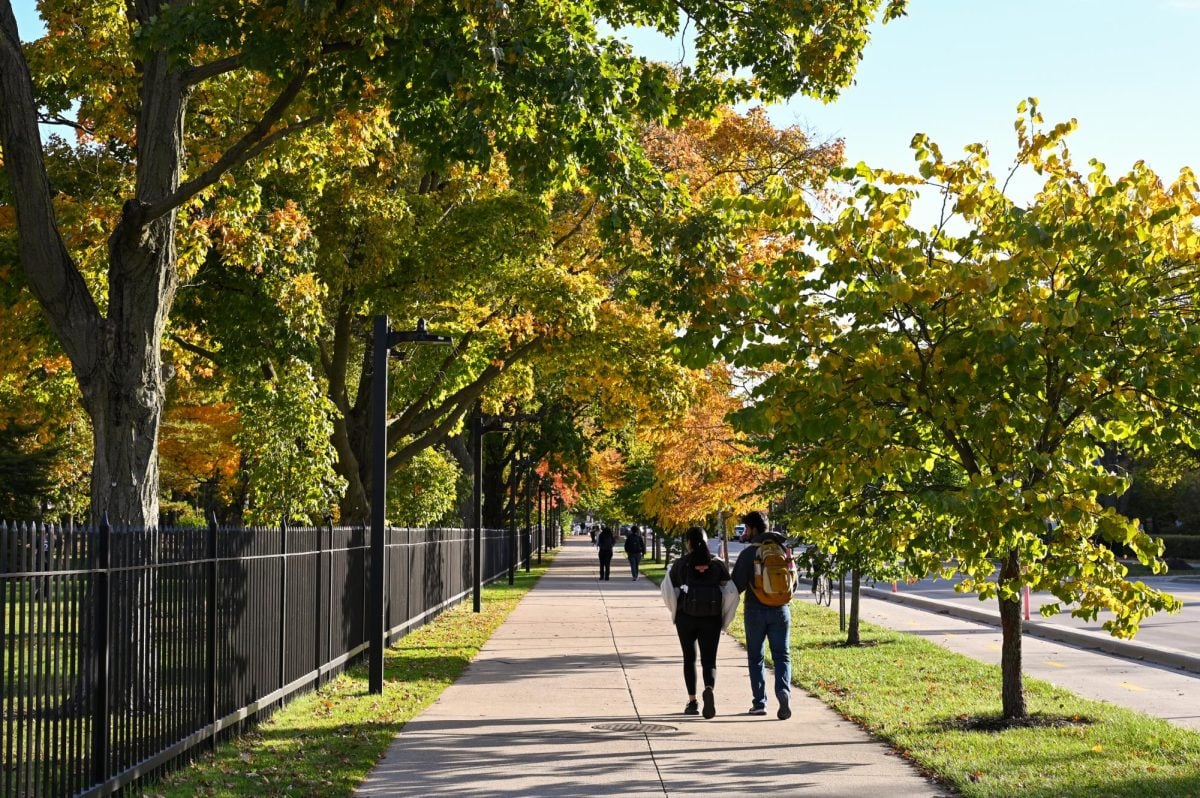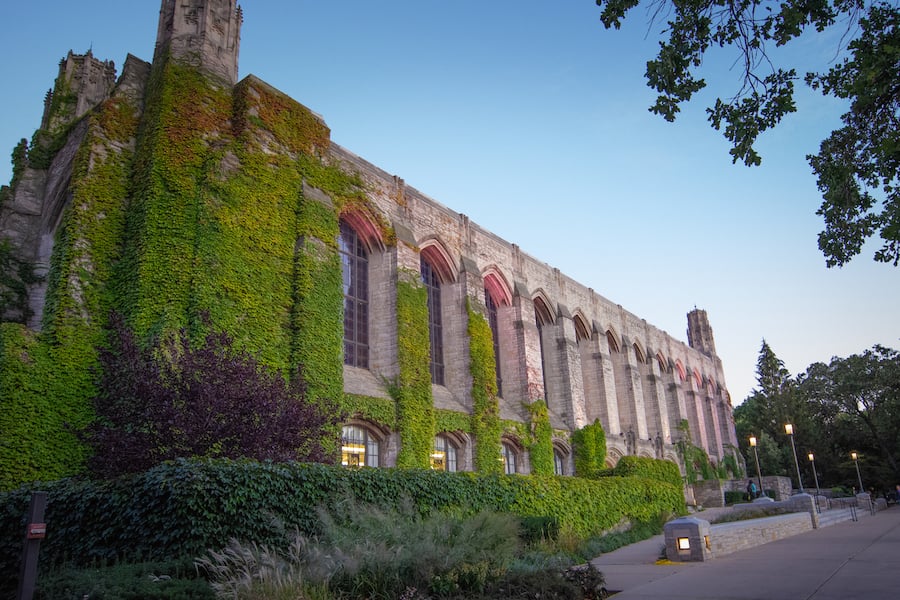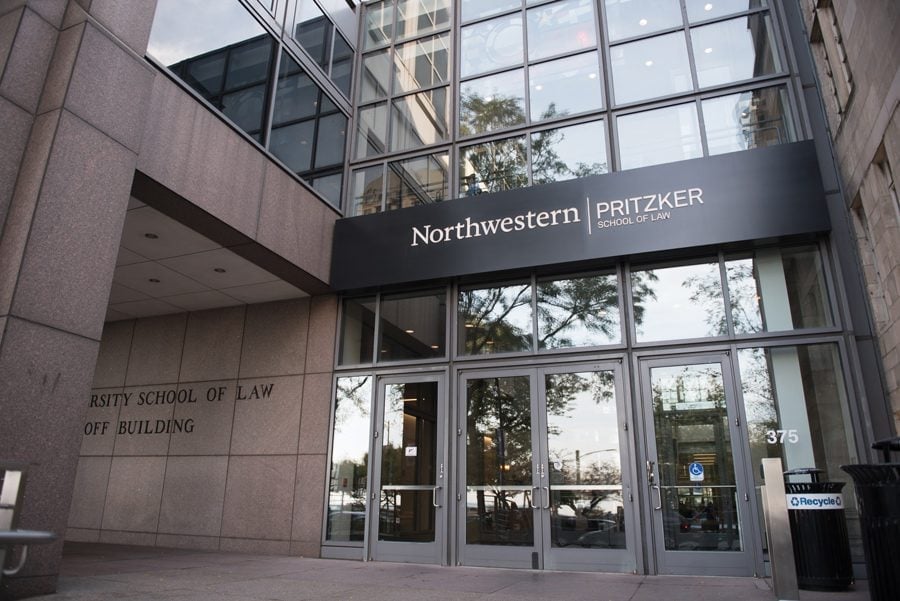The Gender Protection Initiative, a group seeking to promote a welcoming atmosphere at Northwestern for people of all gender identities, is investigating the possibility of implementing a policy for gender-open housing that would expand upon the current program.
GPI Vice President and Medill junior Jeffrey Cattel said such a policy would expand the gender-open housing option, which allows opposite-gender students to live together in the same room, to larger areas of dorms, as well as to introduce more programming for students who choose this living option. The policy could be implemented by the start of the 2013-2014 academic year, said Julie Payne-Kirchmeier, the assistant vice president for Student Auxiliary Services.
Payne-Kirchmeier said when she approved GPI’s annual proposal for next year’s gender-open housing during Winter Quarter, she also brought up the idea of looking into an expanded policy. Currently, Payne-Kirchmeier said, gender-open housing is deemed as special-interest housing, meaning it is designed for students with a specified interest to use a wing of a residence hall or have “exclusive use” of a small house.
Gender-open housing is currently offered in single-occupancy rooms in a wing on the east side of Foster-Walker Complex but will be expanding to an entire floor on the west side of the building at the beginning of the next academic year, Cattel said. Payne-Kirchmeier said the housing option will also be offered in double-occupancy rooms in a suite in Kemper Hall beginning in the fall.
Cattel said GPI is working to make more students on campus aware of the gender-open housing option. He also said GPI would like to have the option available to freshmen as well, which is currently prohibited.
“It definitely needs to be recognized that there are individuals as freshmen that may want a gender-open housing experience,” he said. “That’s something we’ll continue to fight for.”
Weinberg junior Mike Hernandez, who is currently serving as a community assistant in Foster-Walker’s gender-open wing and plans to keep the position next year, said he heard from his supervisor that the entire floor for next year is filled.
Some of NU’s peer institutions have already implemented broad gender-open housing policies. The University of Chicago, for instance, introduced a gender-open housing option in 2009 that is available to upperclassmen in all dorms except for those that have been historically single-gender, according to the website for the University’s Office of Lesbian, Gay, Bisexual, Transgender and Queer Student Life.
Hernandez said even without a broader gender-open housing policy in place at NU, the gender-open housing wing in Foster-Walker has still held multiple events and outings.
“We’ve really been able to make it into a full-blown community,” he said.
Cattel said gender-open housing is not meant to be exclusively for LGBT students, but is aimed at creating a “cutting-edge” form of housing through allowing opposite-gender students to live together in dorm rooms.
“We think it’s a modern-day take on housing, as so many people live off campus where there are both males and females in apartments or things like that,” Cattel said.
Gender-open housing started as a pilot program for upperclassmen during the 2010-2011 school year in a wing of 1835 Hinman after a proposal made by GPI during the 2009-2010 school year was approved for the first time, Cattel said. The wing’s residents featured one pair of co-ed roommates, Medill junior Dan Tham, a former Daily staffer, and Weinberg junior Annie Ormson.
Tham said he would have been comfortable living with a roommate of either gender, but in the midst of looking for the roommate at the end of his freshman year, he thought it would be a good experience to live with Ormson, a friend.
“I didn’t think this experience would be better than living with a guy,” said Tham, who currently lives off campus with a male roommate but in the same house as Ormson. “Annie and I were friends, and I thought it was convenient and a good idea, and I was glad that the school was offering (gender-open housing), so we applied.”
Gender-open housing was moved to Foster-Walker for this academic year but the option is only offered in single-occupancy rooms and does not give opposite-gender students the opportunity to reside in a room together. It does, however, contain single-stall gender-neutral bathrooms, Payne-Kirchmeier said.
Tham said the lack of a co-ed living option in Foster-Walker this year means this space should not actually be deemed gender open.
“I see (gender open) as when you share a living space and a dorm room with the opposite sex,” he said. “I don’t think the (single-stall gender-neutral) bathroom thing is revolutionary. I wouldn’t say last year was revolutionary either … but I’d say last year is probably more progressive.”






